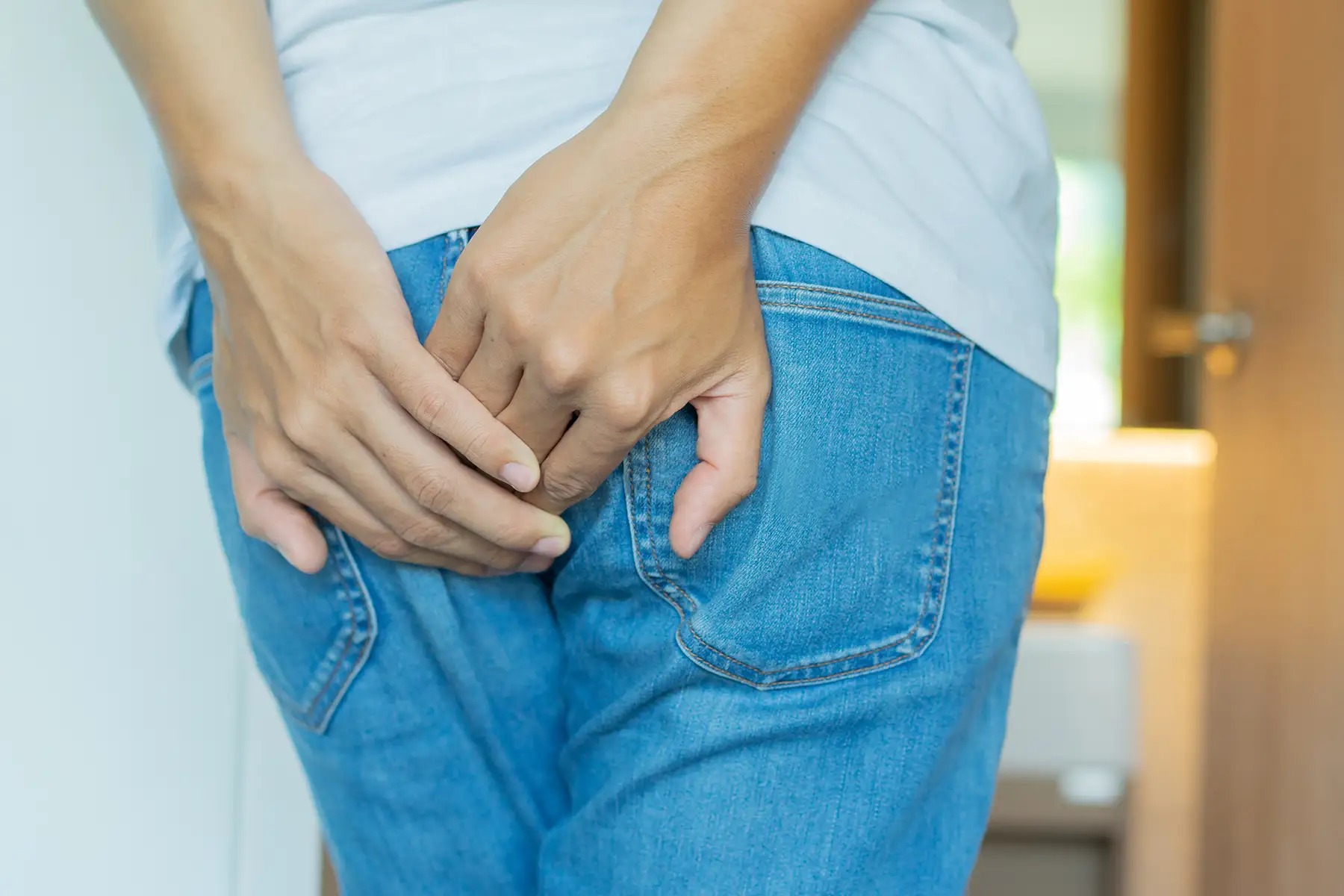Why You’re Farting More Than 25 Times a Day—and What You Can Do About It
Passing gas is a natural part of digestion, but when it happens more than 25 times a day, it can feel excessive, uncomfortable, and even embarrassing. While occasional flatulence is perfectly normal—the average person farts between 14 and 25 times daily—frequent gas may signal a deeper issue that deserves attention.
In this article, we’ll explore what causes excessive gas, when it may be a sign of a medical problem, and how you can manage or reduce it effectively through diet, lifestyle changes, and, if needed, medical care.
What Is Flatulence and When Is It Considered Excessive?
Flatulence refers to the release of gas from the digestive tract through the rectum. This gas is typically a mixture of nitrogen, oxygen, carbon dioxide, hydrogen, and sometimes methane. Most of it comes from swallowed air or the breakdown of undigested food by bacteria in the colon.
Passing gas 14 to 25 times per day is considered within the normal range. However, if you’re consistently farting more than 25 times daily—especially if it’s accompanied by bloating, abdominal pain, or changes in bowel habits—it could suggest an underlying digestive issue or dietary imbalance.

Common Dietary Causes of Excessive Gas
Your daily diet plays a major role in how much gas your body produces. Certain foods are more likely to ferment in the gut and produce gas during digestion:
- High-Fiber Foods: Beans, lentils, cabbage, broccoli, cauliflower, onions, and whole grains are healthy but notorious for causing gas.
- Dairy Products: Milk, cheese, and yogurt can cause gas in people with lactose intolerance.
- Sugar Alcohols: Found in many sugar-free gums, candies, and protein bars, ingredients like sorbitol and xylitol are poorly absorbed and fermented by gut bacteria.
- Carbonated Beverages: Sodas, sparkling water, and beer introduce extra air into your digestive system.
- FODMAPs: Fermentable carbohydrates found in foods like garlic, apples, wheat, and legumes can trigger excessive gas, especially in people with irritable bowel syndrome (IBS).
Even healthy foods can cause flatulence if introduced too quickly into your diet. Gradual dietary changes allow your gut microbiome to adjust and reduce symptoms.

Other Lifestyle Factors That Increase Gas
Gas isn’t always just about what you eat—it can also be about how you eat:
- Eating Quickly: This often leads to swallowing air (aerophagia), which ends up as gas.
- Chewing Gum or Drinking Through Straws: Both habits cause more air to enter your system.
- Smoking: Inhaling smoke introduces air into the stomach and can also affect gut motility.
- Talking While Eating: This increases the chance of air intake, especially during fast-paced meals.

Medical Conditions Linked to Excessive Flatulence
When dietary changes and lifestyle habits don’t explain the issue, frequent flatulence could be linked to medical conditions affecting digestion or absorption:
- Lactose Intolerance: Inability to digest lactose, the sugar in milk, causes gas, bloating, and diarrhea.
- Fructose Malabsorption: Difficulty absorbing fructose can lead to gas and discomfort after eating fruits or sweetened products.
- Celiac Disease: An autoimmune reaction to gluten damages the small intestine and leads to digestive symptoms, including gas.
- Irritable Bowel Syndrome (IBS): A functional gastrointestinal disorder that commonly causes excessive gas, bloating, and changes in bowel movements.
- Small Intestinal Bacterial Overgrowth (SIBO): This occurs when bacteria from the colon migrate to the small intestine, fermenting food too early and producing gas.
- Gastroesophageal Reflux Disease (GERD): Frequent swallowing due to acid reflux can introduce air into the gut.
- Pancreatic Insufficiency: A deficiency of digestive enzymes can lead to undigested food fermenting in the gut, resulting in gas.
Medication and Supplements That May Cause Flatulence

Several commonly used medications and supplements can contribute to gas production by altering digestion or the gut microbiome:
- Antibiotics: These can disrupt the natural balance of gut bacteria, leading to temporary digestive issues.
- Metformin: A common medication for type 2 diabetes that may cause gas and bloating in some people.
- Fiber Supplements: While beneficial for bowel health, these can increase gas if not introduced gradually.
- Laxatives: Some over-the-counter laxatives, especially those with sugar alcohols, can cause gas.
- Iron and Calcium Supplements: May alter digestion and lead to increased fermentation in the colon.
If you suspect a medication is causing your symptoms, consult your doctor before making any changes.
When to See a Doctor About Excessive Gas
While gas alone is not usually a cause for concern, it’s important to seek medical advice if you experience:
- Bloating or abdominal swelling that doesn’t go away
- Significant or unexplained weight loss
- Fatigue or weakness
- Changes in bowel habits (diarrhea, constipation, or blood in stool)
- Pain that interferes with daily activities
These symptoms could point to more serious conditions such as inflammatory bowel disease (IBD), colorectal cancer, or malabsorption disorders. Your doctor may recommend tests such as:
- Breath Tests: To check for lactose intolerance or SIBO
- Stool Tests: To detect infections, inflammation, or malabsorption
- Endoscopy or Colonoscopy: To view the digestive tract and take biopsies if needed
How to Reduce Excessive Farting

Managing excessive gas often starts with identifying the root cause. These strategies can help:
- Keep a Food and Symptom Diary
Track what you eat and when symptoms occur. This helps pinpoint food triggers and patterns. - Try a Low-FODMAP Diet
This elimination diet, often recommended for IBS, removes fermentable carbohydrates and reintroduces them slowly. - Eat Slowly and Mindfully
Avoid swallowing air by chewing food thoroughly and taking your time during meals. - Exercise Regularly
Physical activity improves digestion and helps move gas through your system. - Take Probiotics
Probiotics may improve gut flora balance and reduce gas in some individuals. Choose strains like Bifidobacterium infantis or Lactobacillus plantarum. - Consider Digestive Enzymes
Over-the-counter enzymes can help break down specific food components like lactose, fiber, or proteins. - Avoid Gas-Producing Habits
Cut back on chewing gum, drinking carbonated drinks, and using straws.
Final Thoughts
Farting more than 25 times a day isn’t always a cause for alarm, but it can signal an imbalance in your diet, digestion, or gut health. With the right changes and possibly some medical evaluation, you can identify the cause and reduce your symptoms. Tracking your meals, adjusting how you eat, and seeking professional help when needed can restore comfort and confidence in your digestive health.
Sources:
- National Institute of Diabetes and Digestive and Kidney Diseases
- American College of Gastroenterology
- Cleveland Clinic – Flatulence
- Johns Hopkins Medicine – Digestive Health
- Harvard Health – Gas and Bloating
